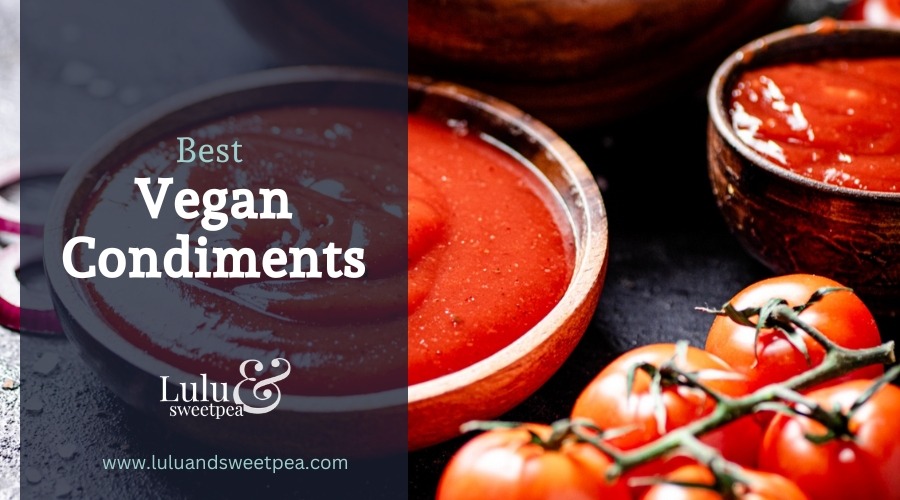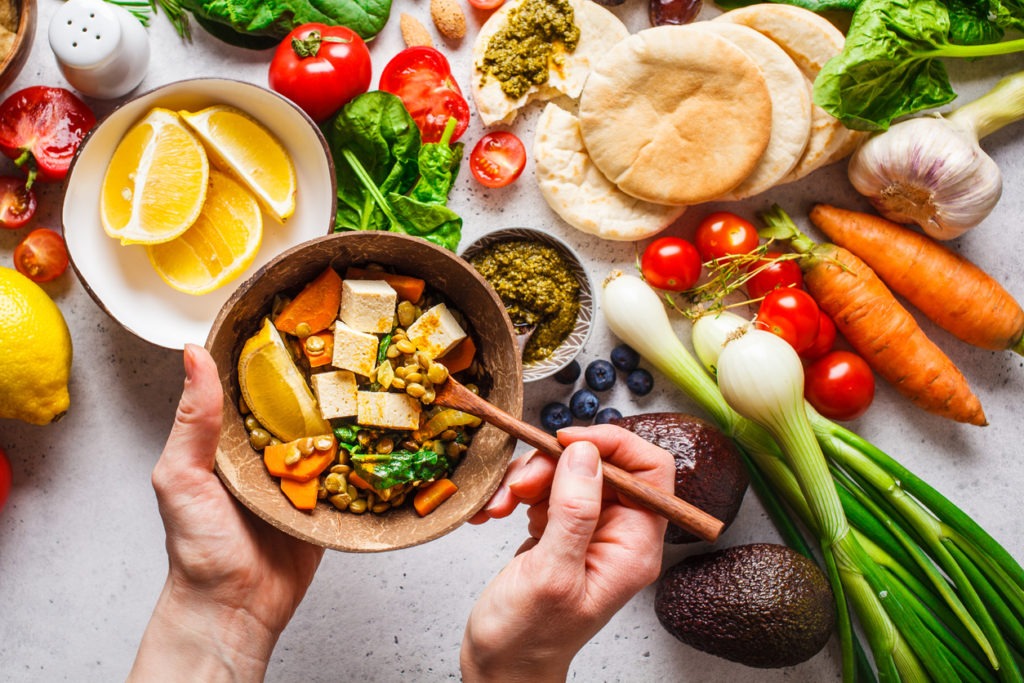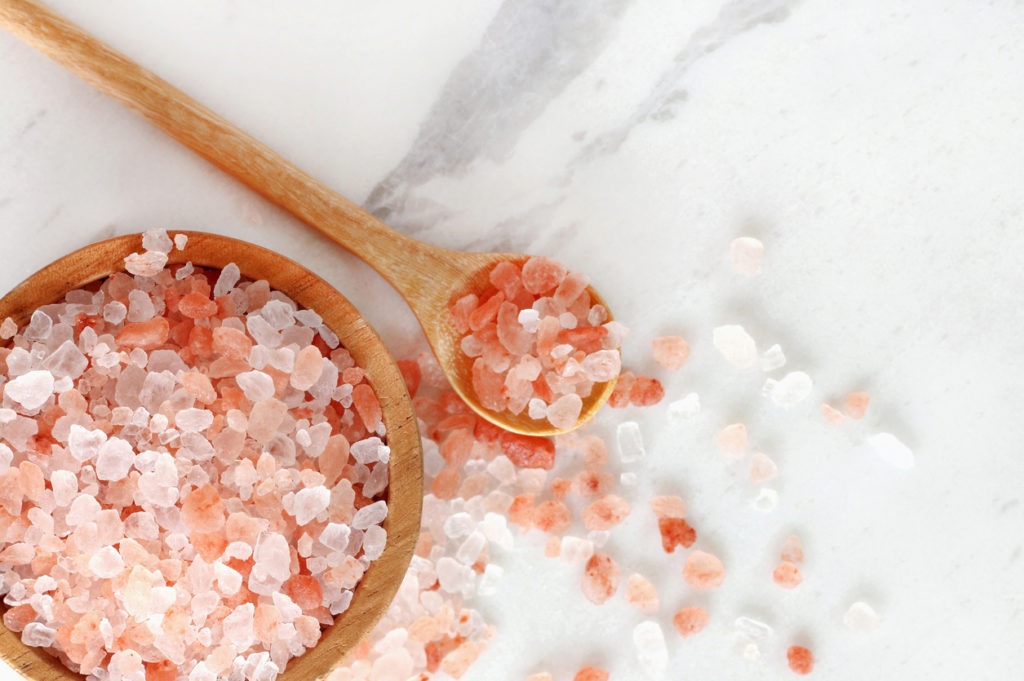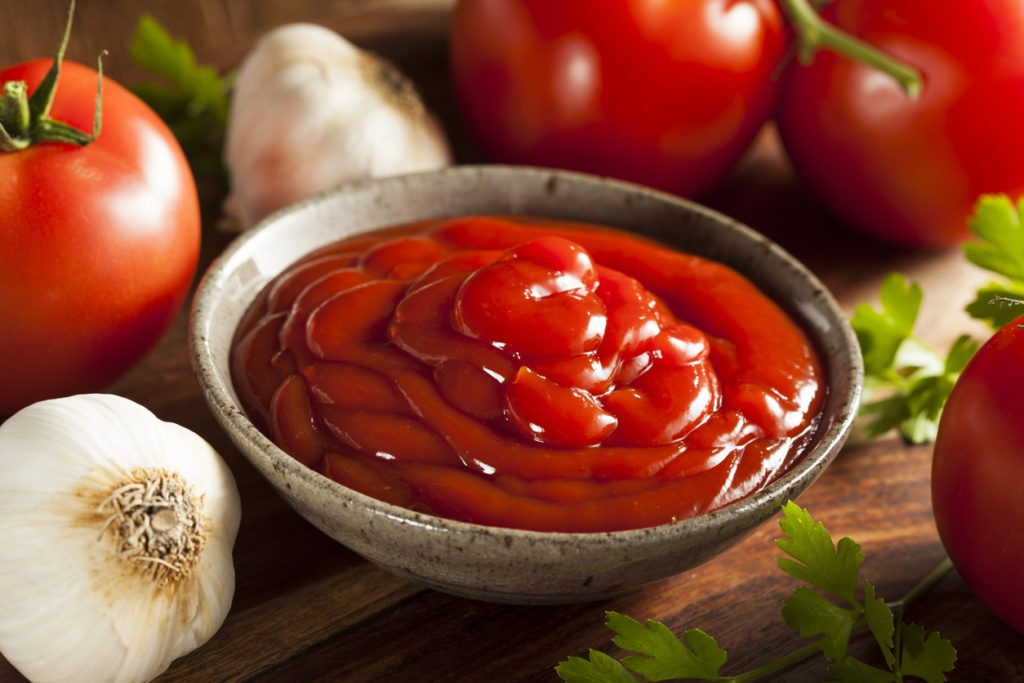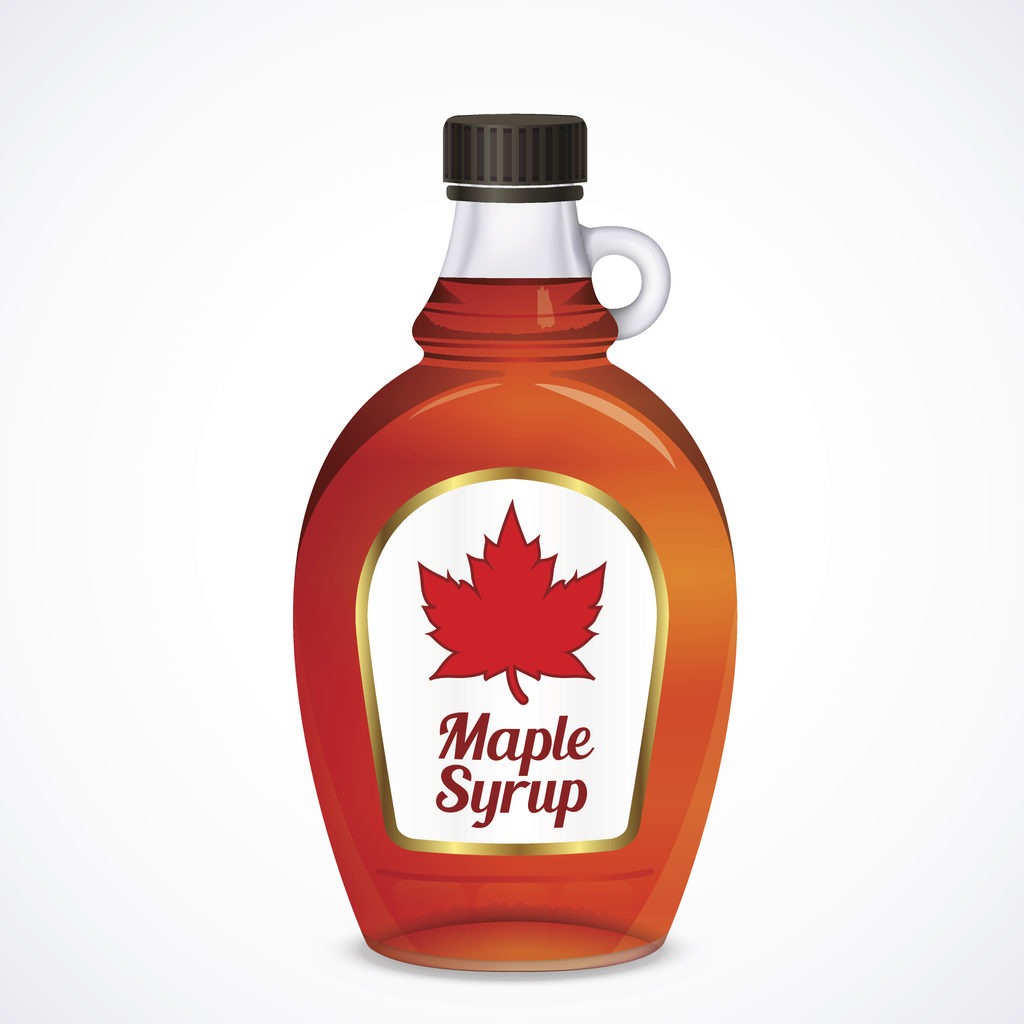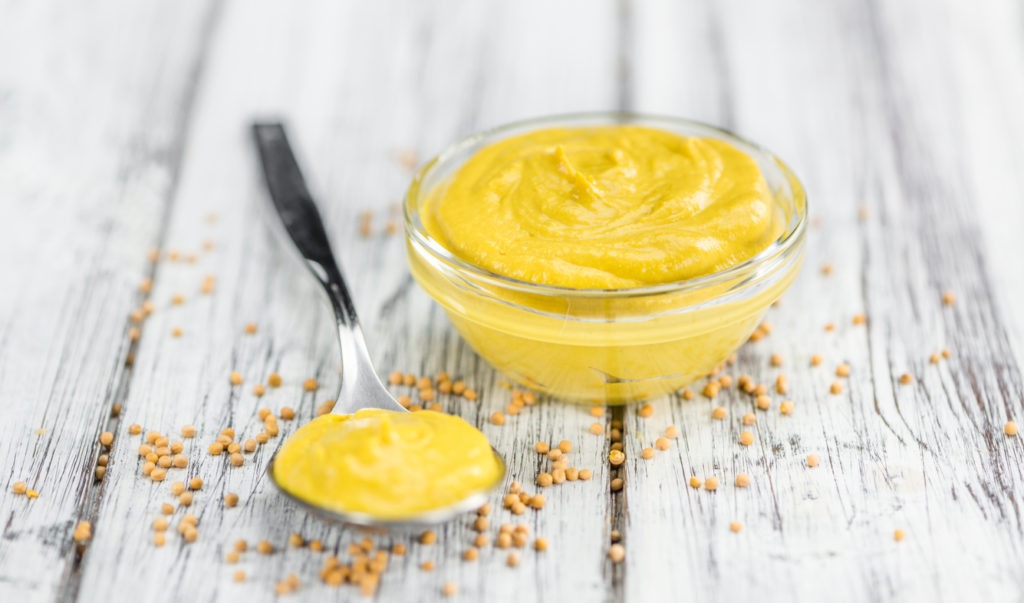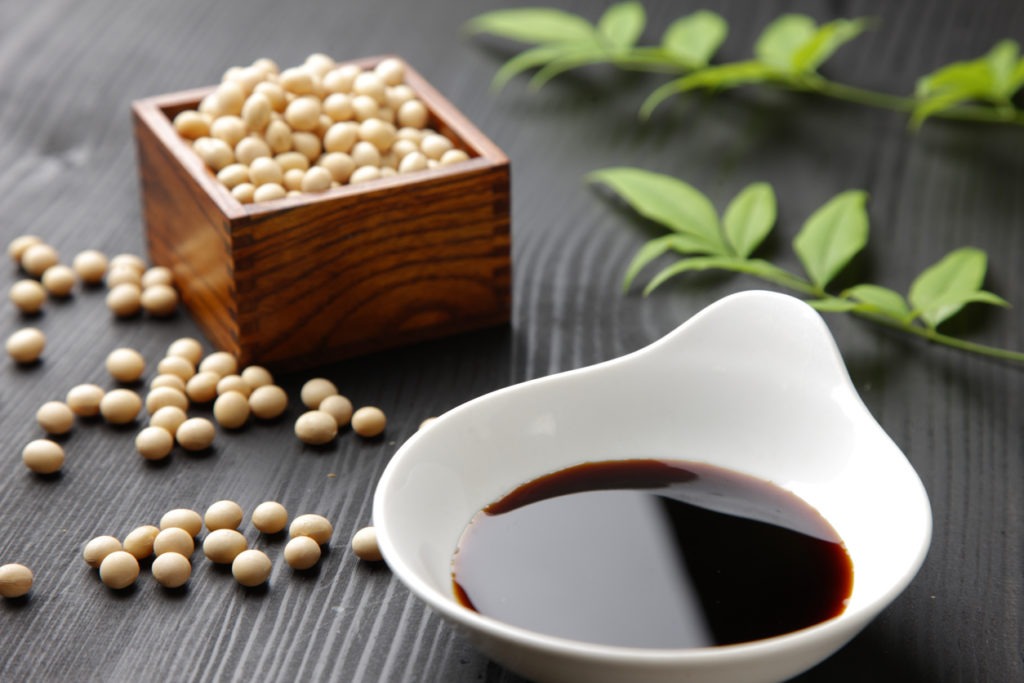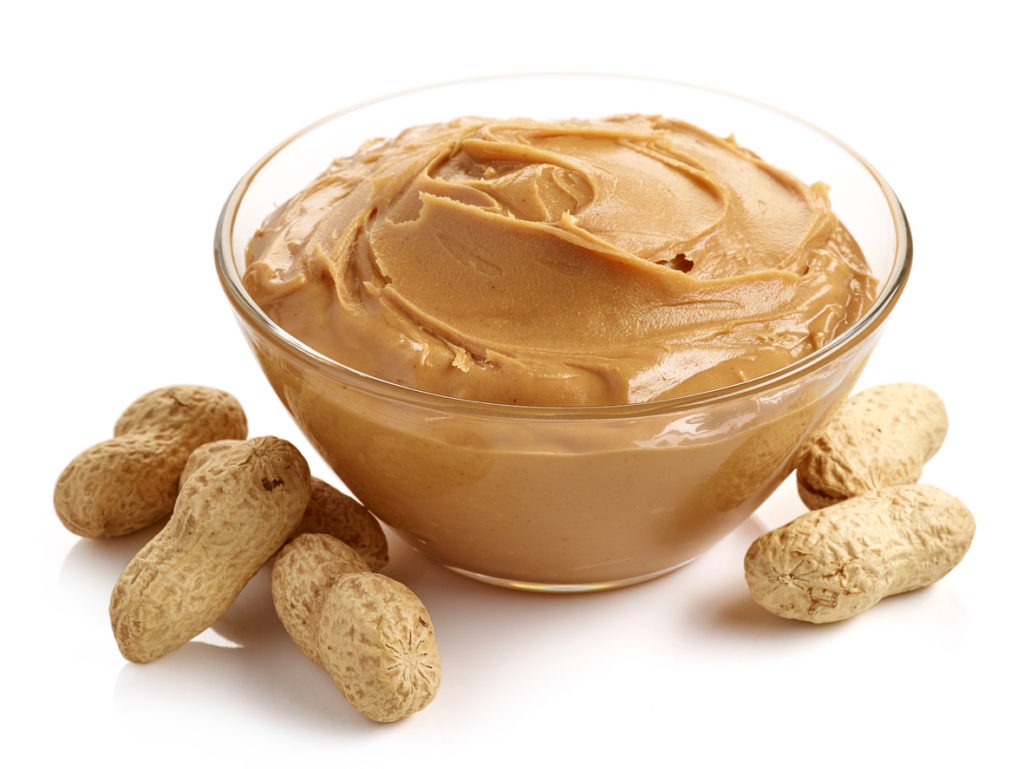An excellent dinner can’t be made without the use of condiments. They’re served with anything from burgers to chips to salads, and everyone loves them. Even vegan meals may benefit from a dash of seasoning with the right condiments.
Vegans, however, have a somewhat limited selection of vegan condiments from which to choose. Others fail to provide the same flavor and scent as conventional mayonnaise, ketchup, and soy, despite their claims to be vegan. But there is hope; many seasonings and condiments are becoming vegan-friendly.
The Difference Between Vegans and Vegetarians
Before we dive down to the different types of vegan condiments available in the market right now, you might still wonder about the difference between vegans and vegetarians.
Vegetarians and vegans abstain from eating any products derived from animals. When compared to vegetarians, vegans adhere to an even more stringent diet restriction that forbids the use of any products produced from animals.
Most vegans and vegetarians don’t consume meat or dairy because of moral or ethical considerations. Most noticeably, they disagree significantly on the appropriateness of using animal products. Vegans and vegetarians alike may choose to avoid eating meat due to moral or ecological concerns. Vegans feel that avoiding all forms of animal products has the most positive effect on their health and the environment; hence they opt to do so.
Vegan-Friendly Condiments That You Can Enjoy
Many people who are vegan or trying to reduce the number of animal products they consume may either altogether avoid condiments for some time or limit themselves to only one or two that they are sure is safe to consume. However, since everyone enjoys dunking and dipping their food, this would imply there would be no enjoyment and far less flavor. To everyone’s relief, there are still quite a few condiments available on the market right now that vegans may indulge in without worrying about deviating from their dietary regimen.
Salt
The main uses of salt in the kitchen are for seasoning and preserving food. It has been used for the preservation of food for many thousands of years and is the seasoning that is most commonly utilized. The answer to your question about whether or not salt is vegan is “yes.”
No matter what form of salt it takes — table salt, rock salt, Himalayan salt, etc. — there is no justification for asserting that it comes from an animal source because it is never derived from an animal source. In addition, salt is not refined using any products derived from animals. Therefore there is no reason to believe that it is not vegan-friendly.
Organic Ketchup
Because it lends a sweet and sour taste to whatever you’re eating, ketchup is often considered one of the best condiments. Additionally, it is the ideal accompaniment for various foods, such as potato fries and veggie burgers. Additionally, you may use ketchup as a dip for breadsticks or bread by itself. It is also an excellent addition to vegan sandwiches. The vast majority of ketchup contains tomatoes, salt, vinegar, various spices, and some form of sweetener, typically sugar or high fructose corn syrup. As a result, ketchup may be consumed by vegans without concern.
On the other hand, some vegans avoid white and brown sugar since their production involves using bone char from cattle. The one proviso to this rule is that for white or brown sugar to be considered vegan, its processing must not involve the use of bone char, which means it must be certified as organic. Only organic ketchup or prepared with sugars other than white or brown sugar can be consumed by vegans who adhere to the most stringent standards.
Pure Maple Syrup
Although its rich, sugary taste would lead you to believe differently, maple syrup has several positive effects on your body. The syrup contains a wide variety of beneficial minerals, including zinc, magnesium, calcium, and potassium, in addition to antioxidants. You could be led to assume that maple syrup is suitable for vegan eating because of its high level of deliciousness and the fact that it is a natural product created from the sap of maple trees.
However, several brands of maple syrup sell variants that contain ingredients derived from animals, despite the fact that pure maple syrup is, by definition, vegan. Many vegans may unwittingly consume maple syrups that include concealed animal ingredients, even if they perceive those products to be plant-based.
You must carefully examine the product’s ingredients list to determine whether the maple syrup you purchase contains animal products. If there is more than one ingredient stated for the maple syrup, then it is not pure maple syrup. Probably, they are not vegan if they contain artificial or natural flavors.
If the product has a maple flavor but is not simply maple syrup by itself, there is a possibility that it contains animal products. If the syrup contains honey or caramel, you should avoid consuming it. You might also check the label to see whether it is 100% organic or has been verified as vegan-friendly.
Plain Mustard
The striking yellow hues of mustard, which come in various tones, make it an immediately recognizable spice. It is a condiment that begins with mustard seeds as its foundation and is then handled or processed in multiple ways to generate a wide range of finished goods.
Plain mustard is vegan. Mustard seeds, vinegar, salt, and sometimes sugar and other spices are the only things that are listed as ingredients in the majority of mustard varieties. Honey mustard, for reasons that should be clear, and Dijon mustard, occasionally, are two of the few exceptions. Dijon mustard has no components that may be forbidden. However, it is frequently processed with casein, a protein derived from milk; isinglass extracted from fish bladders or albumin derived from egg whites.
Soy Sauce Without Enhancers
Many of us like soy sauce and incorporate it into various dishes since adding soy sauce is a simple method to improve the flavor of a meal. Soy sauce is a fundamental component of Asian cuisine and a fundamental component of the cuisines of most other civilizations, including Chinese and Japanese cuisine.
It may be cooked with, used as a dressing or dip, and added to dishes to give them a salty and umami flavor. It can also be eaten on its own as a condiment. It may be light to very black, thick to thin, and anywhere between. It also comes in a variety of consistencies and shapes.
In principle, soy sauce is vegan because the only ingredients that go into its production are soybeans, water, and wheat, all of which are vegan-friendly. However, some producers add substances to their soy sauce that prevent it from being considered vegan. These manufacturers use flavor enhancers that are derived from fish or other animals.
Keep an eye out for the additive E631 on ingredient lists, as this enhancer can contain animal byproducts. If you want to stay on the side of caution, it is best to look for a soy sauce that is either expressly labeled vegan or contains only the most fundamental ingredients, as described above.
Plain Peanut Butters
Peanut butter is a well-liked component that is sought after for its savory flavor, velvety consistency, and great nutritional profile. It is a tasty spread that can be used in various ways and works very well in desserts and smoothies.
On the other hand, because there are so many distinct brands and variations available, you might be unclear as to whether or not it can be incorporated into a vegan diet that is balanced overall.
But don’t be concerned! Peanuts, vegetable oil, and salt are the three primary components used to produce most peanut butter varieties. Some varieties may also include other additions and ingredients, such as molasses, organic sugar, or agave syrup, all of which are regarded as being suitable for vegans to consume. As a result, the vast majority of varieties of peanut butter do not include any form of animal product. As such, they are suitable for consumption within the context of a vegan diet.
Despite this, you should still exercise caution when shopping for peanut butter since certain brands may include ingredients derived from animals. Honey is often not included in vegan diets since, as was noted before, bees are responsible for its production.
Some varieties of peanut butter are enhanced with omega-3 fatty acids, which come from fish such as sardines. In addition, some competing products use refined cane sugar, which frequently undergoes bleaching and filtering processes with bone char. Only buy peanut butter that is comprised of basic ingredients, and steer clear of those that include components derived from animals in their manufacturing process.
The above condiments are only some of the options available for vegan condiments. They can adequately enrich your vegan diet experience in terms of the flavor and seasoning of your vegan cuisine. Since veganism is among the most stringent vegetarian diets, you need to be extra careful when shopping for condiments. It’s important to research and ensure a product is vegan-approved before purchasing it. Knowing how to choose vegan-friendly condiments will enable you to enjoy your delectable food without worrying about consuming animal and animal-derived products!
